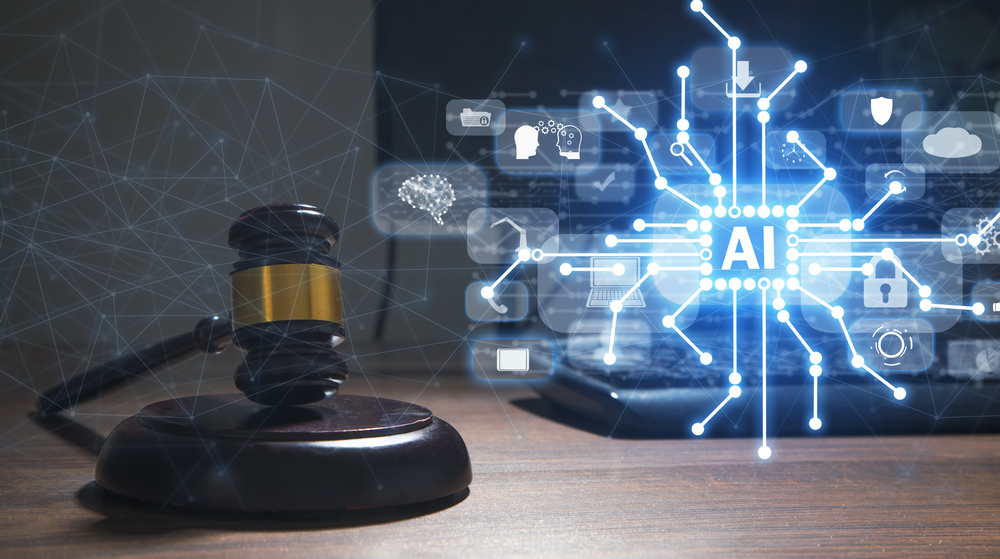The practice of law has always demanded precision, consistency, and efficiency. In today’s digital world, however, meeting those demands requires more than just skilled attorneys—it requires technology that can scale. Legal software development has become the backbone of this transformation, helping firms and enterprises handle increasing volumes of data, complex compliance rules, and client expectations for faster outcomes.

Why Legal Teams Need Tailored Software
Unlike generic productivity tools, legal professionals face unique challenges:
- High-stakes documentation: Contracts, NDAs, and regulatory filings require absolute accuracy.
- Regulatory pressure: GDPR, CCPA, and the upcoming AI Act impose strict compliance requirements that demand ongoing monitoring.
- Data overload: Law firms and in-house teams handle terabytes of data from case files, correspondence, and discovery documents.
Custom-built software addresses these challenges by embedding compliance frameworks, automating repetitive work, and connecting diverse data sources into unified systems.
The Role of AI in Legal Solutions
Artificial intelligence is no longer an experimental concept—it’s a practical tool shaping legal software at every level. Some examples include:
- Contract automation: AI models can pre-screen, annotate, and summarize agreements in minutes, reducing turnaround times.
- Risk detection: Advanced algorithms highlight unusual or high-risk clauses with impressive accuracy.
- Multilingual workflows: AI-powered translation and review tools ensure that global teams maintain consistency across jurisdictions.
- Smart legal dashboards: Visual reporting tools allow decision-makers to track compliance risks and operational bottlenecks in real time.
By integrating AI, legal software moves beyond efficiency into strategic value—helping organizations predict risks and adapt to regulatory shifts before they become liabilities.
Balancing Technology with Trust
Legal practice rests on trust, so every digital tool must meet rigorous standards for transparency, auditability, and security. That’s why modern development emphasizes:
- Explainability: AI-driven outputs must be traceable and defensible in legal contexts.
- Security-first design: Systems are built to prevent data leaks, prompt injection risks, and external attacks.
- Scalability: From startups to global firms, solutions need the flexibility to grow without disruption.
This ensures technology enhances, rather than undermines, the credibility of legal professionals.
Case Studies from Real-World Adoption
One powerful example is the rise of AI-powered assistants for contract review. Mid-sized enterprises using such systems have reported cutting review times by more than half, with accuracy rates nearing 90%. For law firms, that translates into more billable hours focused on strategy instead of routine drafting. For corporate legal teams, it means faster support for business units without additional hiring.
Looking Ahead: The Next Era of Legal Work
Legal software development is moving toward deeper integration with enterprise ecosystems. The future will likely see AI woven seamlessly into everyday tools—providing real-time compliance checks, drafting support, and analytics at the click of a button.
Companies like legal software development Aristek Systems are already driving this change, helping firms and enterprises build solutions that combine innovation with reliability.
As the legal industry adapts to new pressures and opportunities, one thing is clear: the firms that embrace purpose-built technology will lead the way in delivering faster, smarter, and more resilient legal services.
Media Contact
Company Name: Aristek Systems Ltd
Contact Person: Media Relations
Email: Send Email
Country: United States
Website: https://aristeksystems.com/
